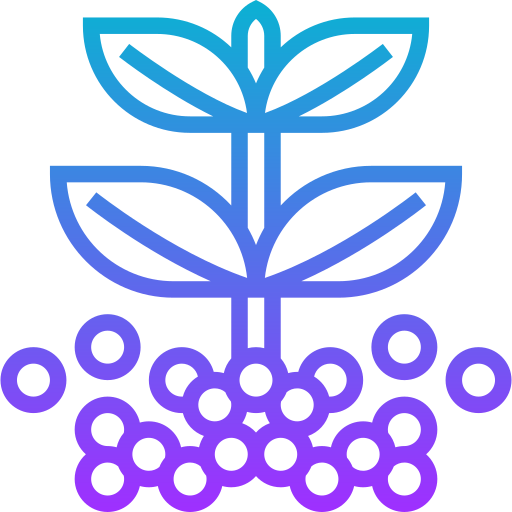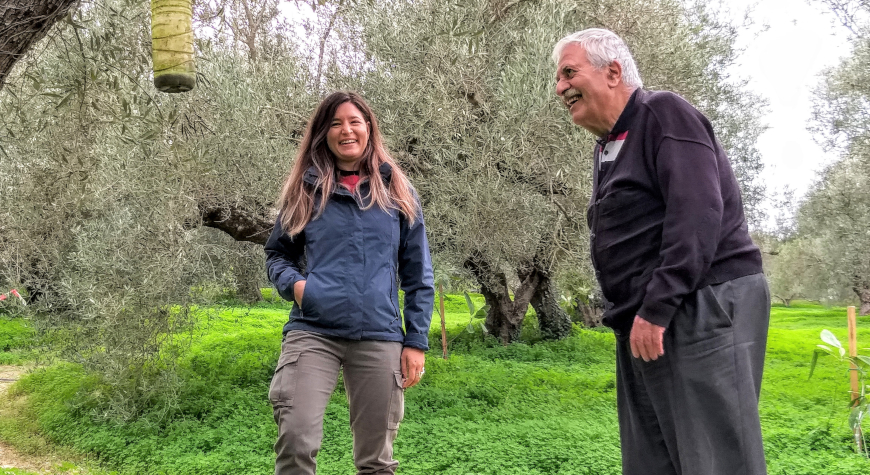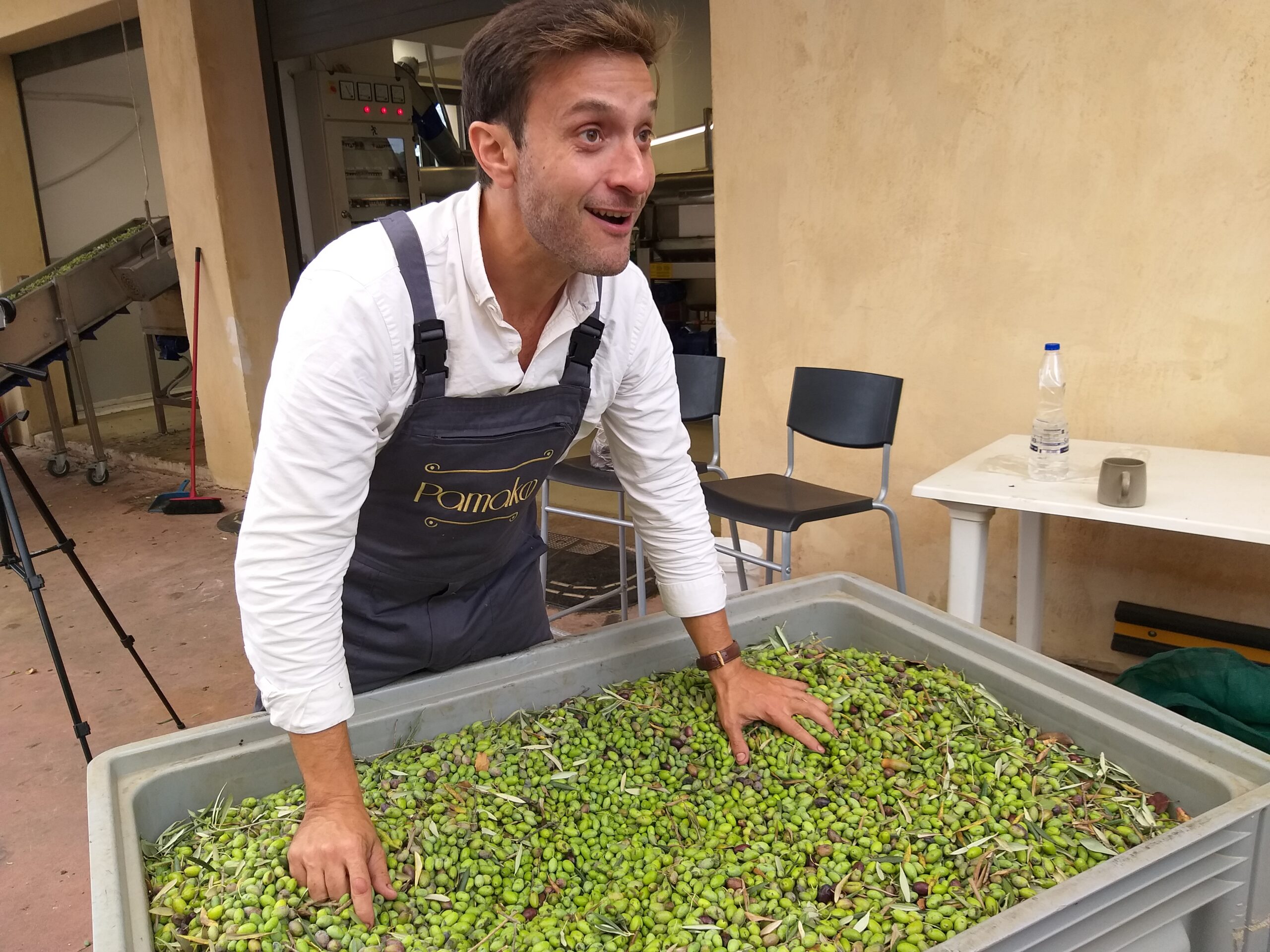What is LIVINGAGRO?
The LIVINGAGRO project aims to share innovations related to agroforestry with stakeholders working with olives and grazed woodlands in four Mediterranean countries: Italy, Greece, Lebanon and Jordan. The project funded by the European Union (EU) will help stakeholders to increase profitability, sustainability, and biodiversity in the face of limited resources and environmental constraints.
What is AGROFORESTRY?
Agroforestry is the practice of deliberately integrating woody vegetation (trees or shrubs) with crop and/or animal systems. Agroforestry can offer you valuable benefits.

Increased farm income

Reduced farm expenses

Increased biodiversity

Improved water management

Management of olive pests and diseases

More carbon sequestered in the soil

Reduced soil erosion and fire risk

Maintenance of soil fertility

Animal Welfare


What are LIVINGAGRO’s Living Labs?
LIVINGAGRO will tackle the issues of limited resources and environmental constraints using an open innovation approach, with two Living Laboratories: one devoted to “Multifunctional Olive Systems” and another for “Grazed Woodlands enabling interactions among innovators and stakeholders. After conducting surveys and discussions to learn about stakeholders’ needs, the LIVINGAGRO team is presenting technological developments, practical research results, and other types of innovation to stakeholders who can benefit from them in both financial and environmental terms.
Why should you join our living labs?
Living Labs move beyond traditional scientists’ laboratories to make a difference through cooperation in the field. Everyone involved with multifunctional olive systems (olive growing) and grazed woodlands are invited to enter our cross-border Living Laboratories by accessing this platform and explore innovations in agroforestry through free online classes, newsletters, online discussion forums, and a wealth of other events and information sources.
Advantages:
Find out new ways to increase farms’ income
Learn how you can reduce farming expenses
Discover innovations that can help improve products
Access free e-learning modules and training courses
Explore the way agroforestry helps farmers, farms, and the planet
Investigate catalogues of innovations and scientific resources
Connect with innovators and stakeholders online or face-to-face.
Agroforestry for
Multifunctional Olive Systems
Agroforestry in olive groves is the practice of growing crops among olive trees or using olive groves as pastures, making the groves into multifunctional olive systems that can increase farmers’ profit while helping the planet.
LEARN MOREAgroforestry for
Grazed Woodlands
Grazed woodlands are major agroforestry systems in the Mediterranean that highly contribute to sustaining local Mediterranean economies, supplying both vegetal and animal products.
LEARN MORE










